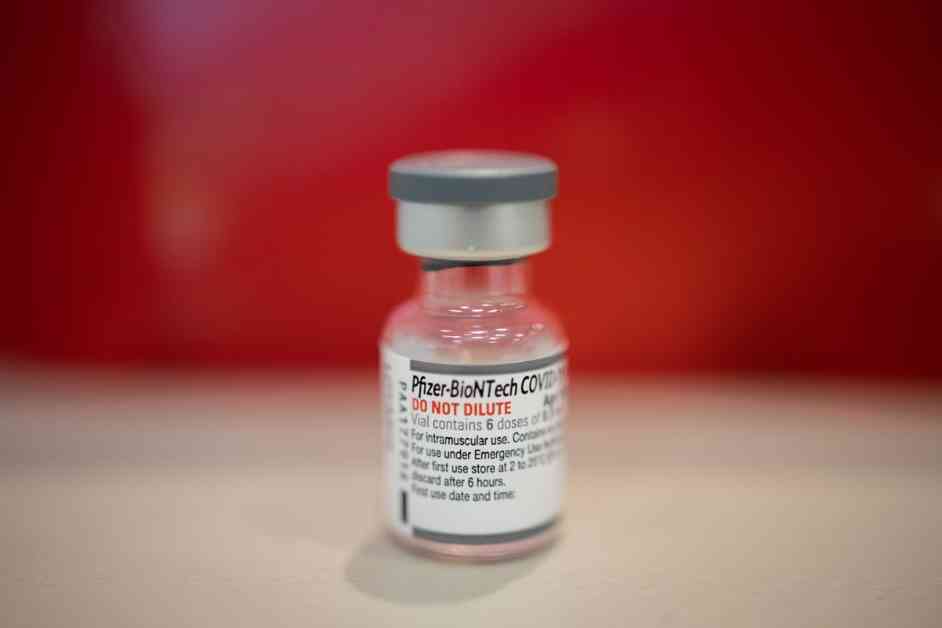National Institutes of Health officials have recently advised scientists to omit any references to mRNA vaccine technology from their grant applications. This directive has raised concerns among researchers, signaling a potential shift away from a promising field of medical research.
The mRNA technology, which is being studied at the NIH for the prevention and treatment of infectious diseases, including flu, AIDS, and cancer, has been instrumental in the development of COVID-19 vaccines. These vaccines have been credited with saving millions of lives in the United States alone, a notable achievement that President Donald Trump highlighted during his first term in office.
A scientist at a biomedical research center in Philadelphia shared an email with a colleague, revealing that an NIH project officer had flagged their pending grant for having an mRNA vaccine component. The uncertainty surrounding the fate of mRNA vaccine grants has left many researchers anxious about potential cancellations.
The NIH has also instructed a senior NIH-funded vaccine scientist in New York state to remove any references to mRNA vaccines from future grant applications, even though the scientist does not conduct research in this area. These actions have been met with apprehension and speculation within the scientific community, with many expressing concerns about the impact on ongoing and future research endeavors.
Challenges Faced by Scientists
Several scientists have chosen to remain anonymous out of fear of reprisals by the Trump administration. They have raised alarms about the implications of the NIH’s stance on mRNA vaccine research, suggesting that it may lead to significant disruptions in ongoing studies and collaborations.
A senior official at the National Cancer Institute confirmed that NIH Acting Director Matthew Memoli issued an email instructing the reporting of all grants, contracts, or collaborations involving mRNA vaccines to Health and Human Services Secretary Robert F. Kennedy Jr.’s office and the White House. This directive has added to the uncertainty surrounding the future of mRNA vaccine research.
Implications for Public Health
The potential abandonment of mRNA vaccine research has sparked concerns among public health experts and policymakers. Political conservatives in the U.S. have perpetuated unfounded conspiracy theories about mRNA vaccines, leading to a decline in public support for COVID-19 vaccinations and related research initiatives.
The NIH’s decision to review funding for mRNA vaccine research has raised questions about the broader implications for public health and scientific advancement. Researchers like Kawsar Talaat at Johns Hopkins University are awaiting crucial funding for vaccine-related studies, unsure of the fate of their projects in light of the recent developments.
As the debate surrounding mRNA vaccine technology continues, there is a growing sense of apprehension and uncertainty within the scientific community. The potential ramifications of curtailing funding for this critical area of research underscore the complex interplay between science, politics, and public health.
The evolving landscape of mRNA vaccine research highlights the challenges faced by scientists and policymakers in navigating contentious issues that have far-reaching implications for public health and medical progress. As debates around vaccine safety and efficacy persist, it remains essential to uphold scientific integrity and evidence-based decision-making to protect the well-being of individuals and communities worldwide.




